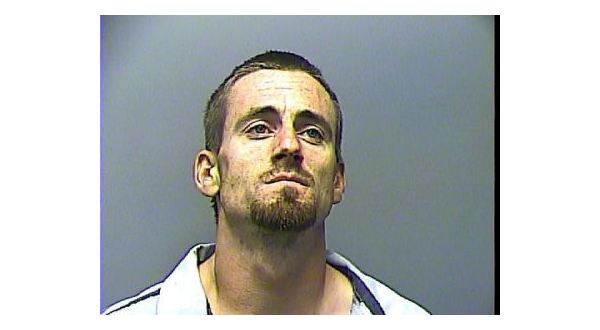
A motion to suppress evidence in the drug-related case of William Lewis of Gassville has been denied by Circuit Judge Gordon Webb.
A hearing on the motion, which was filed by Lewis’ attorney, Andrew Bailey, was held before Judge Webb May 23rd. The argument centered on whether the warrantless search of the vehicle Lewis was driving violated his constitutional right to be free of unreasonable search and seizure.
The state’s case was argued by 14th Judicial District Deputy Prosecuting Attorney Kerry Chism. Chism told the court that Lewis, who was on parole at the time the search took place, had signed warrantless search waivers in May and June last year. A person is required to sign such a waiver as a condition of being on probation or parole.
Chism said the warrantless search waiver gave Norfork Police officer Dempsey Thompson the right to conduct the search of a vehicle Lewis was driving on July 21st last year.
Judge Webb says in a letter filed in the case July 14th that in reviewing the facts and the law, he found that Thompson’s search of Lewis’ vehicle “was both reasonable and proper, and, as it applies to Mr. Lewis, legal in that he had consented in advance” by way of the warrantless search waivers.
Thompson testified that he had stopped the white Dodge pickup truck the week before because the license plate on the truck belonged on another vehicle.
At the time of the first stop, the truck was being driven by Ashley Blalock. The Norfork officer told the court that he had warned Blalock not to drive the truck again until it was properly registered and licensed.
When the truck was stopped on July 21st, Lewis claimed that Blalock had not told him it would be illegal to drive the truck. Thompson said Lewis became increasingly agitated during the stop, telling the officer he had just gotten out of prison and “didn’t need any more tickets”.
Blalock arrived on the scene and she and Lewis left together when Thompson said he was going to have the truck towed.
Prior to towing, Thompson said he did an “inventory search” of the vehicle to determine if he needed to make note of anything of value that might be in the vehicle. During that search, the officer found a small butane torch and a plastic bag containing a crystal like substance that field-tested positive for methamphetamine. The officer also reported finding a glass smoking device that can be used for ingesting methamphetamine. After the items were found, Thompson sought and received an arrest warrant for Lewis.
Bailey told the court that even when people were on parole, they continued to have constitutional protection against unwarranted search and seizure. He said while normal search warrant requirements were relaxed when a person was on parole, those rights still existed.
The defense attorney said there should have been reasonable grounds for the search and that the Norfork police officer had no reason to believe that Lewis was violating his parole when he made the traffic stop.
In his ruling, Judge Webb cited Act 895 of 2015 allowing a warrantless search to be conducted by any certified law enforcement officer or Department of Community Correction officer. Webb said that the relatively new law applied in the case of the search done by Officer Thompson.
While the act requires that warrantless searches be conducted in a reasonable manner, it states that the search does not need to be based on a reasonable suspicion that the person is committing or has committed a criminal offense. Webb found that the search of the vehicle being driven by Lewis was reasonable given the circumstances.
During the May 23rd hearing, Judge Webb said that a person on probation or parole with an active warrantless search waiver on file had what he described as a “diminished right to be left alone”.
Lewis is due back in Circuit Court August 3rd. He is presently an inmate in the state prison system on an earlier conviction.
WebReadyTM Powered by WireReady® NSI










